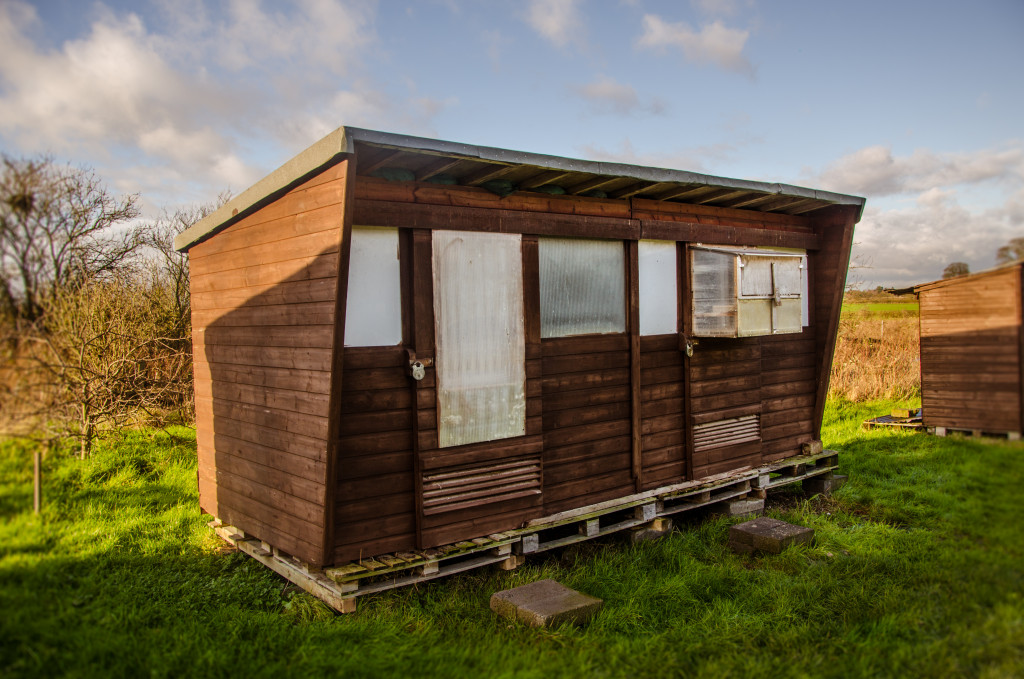Throughout the years, we have seen the emergence of people opting to live in tiny houses, making us wonder whether such a move will go well in the long run. Of course, there are pros and cons to small house living. But after putting all those on a scale, is it worth it?
What is the standard size of a tiny home?
Although there is no definite standard when an abode can be considered a tiny house, it is usually under 600 square feet (55.74 square meters).
Why do people choose to live in tiny homes?
1. Cost-efficient
The cost of having a place in America has significantly gone up compared to the past five years. Buying a house can cost $200,000 to $300,000, and monthly apartment rental costs are about $1,000 up depending on the state. Hence, opting for a tiny house can significantly cut down the housing costs, especially for people who are solo living, want to embrace a minimalist lifestyle, have a small family, or are just starting to build a family.
If you belong to the latter categories, family planning and tiny house conceptualization must go hand in hand since these little houses, along with some furniture, are usually customized according to those who will live in them. In this kind of living, one has to make the most out of every inch.
All in all, a tiny house construction costs approximately $35,000 to $68,000. Of course, this will vary depending on the additional installations distinct to a specific house or the lack thereof. But if you compare it with a house or renting an apartment, there is no doubt that a tiny house wins in terms of cost-efficiency, provided you stay longer in a specific area since traveling can also get quite expensive.

2. More eco-friendly
Environmentalists try to take less space and reduce their carbon footprints on this planet. Hence, living in a tiny house is also one of the paths for them to be true to their beliefs. Less space equates to fewer things that require less energy.
Maria Saxton is a Ph.D. Candidate at Virginia Tech specializing in environmental planning and design. Saxton spent a year researching the environmental impact of people who chose to be tiny home dwellers. She found that most of them lessened their energy consumption by almost 50% after downsizing.
This reduction is relative to the change in lifestyle. People who live in compact spaces try to embrace sustainable living by growing their own food, purchasing less stuff, recycling more, and generating less trash. However, some people have gone the route of buying more take-out foods since cooking in a small kitchen within a confined space is not ideal. Others also travel to more places due to limited space constraints.
But if you want to care for mother earth, then it is undoubtedly a great way to attain this noble aspiration.
3. Portability (for those on wheels)
While most people travel light, some want to bring their entire home. You might have seen many ingenious tiny houses that are a product of remodeling trailers and vans. These are usually done by people who do not want to be tied down to a single state and want to visit different places within the comfort of their own homes.
You can stay in a parking space in the city and wake up in the countryside the next. Of course, you would have to determine the legalities of staying in one area because you might be parking on private land. But the thought of having the flexibility to live in and travel to several places and actually being able to do so through a house on wheels is an experience of a lifetime.
Is living in a trailer converted to a tiny house sustainable?
Making this shift to tiny house living will directly and significantly affect your life. So just as with any other endeavor that requires time, money, and energy, you have to do your research before diving into it. Most people also used repurposed materials and took advantage of rain and sunlight for water and energy sources. Trailer house living does promote sustainability.
Indeed, there are more than three reasons why people hop into this movement. However, many people would see compact living as a phase in their lives and then find themselves eventually moving to a bigger space. At the end of the day, it still boils down to your motivation, needs, and preferences. Whether it is a permanent abode or a transient one, what is certain is that living in a tiny house will definitely change your life.

